Any Kingdom caught fraudulently minting coins or tampering with their purity, it was agreed, could be subject to anything from trade embargoes to all out war. In order to reduce both the ability for any entity to participate in such actions, as well as the necessity of such retaliations, however, it was agreed that the process of manufacturing the coins would be done through a third party unaffiliated with (and unbeholden to) any individual nation. As the
Astrantia Charter also granted the
Tolaran Guilds such a status, it was decided that they would fulfil these needs in exchange for their continued independence and autonomy.
All currency in
Tolara is therefore Guild produced- with the Guilds involved taking an incredibly small cut of each mint. During this process, the independent Sovereigns of each nation provide the necessary raw materials to manufacture the coins- which are then minted by the
Artisan's Guild] in
Gwyn Tira'Kie. The
Guild's cut is removed from the total amount minted, and the final amount is distributed back to their respective Kingdoms through the
Merchant Guild's Bank.
Etchings & Design
While the size, weight, and value of the Tolaran Standard is uniform across all nations due to the stipulations of the
Astrantia Charter, there are few (if any) regulations where it concerns the actual artistic design
on the coins. Instead, each Kingdom is allowed to mint their coins with the design they see fit- and all have choosen to do so.
In
Eris'ka, coins are minted with the image of a Sun on their head, and are often called by the nickname
Bursts. In
Ar'Lasang Vaerda'Ky the head is minted with the image of a Rose- earning them the nickname
Thorns.
Di'kae Milona, however, prints a ring of 5 stars on the head of theirs and calls them
Stars; coins from
Gwyn Tira'Kie, the only non-nation to produce its own currency, carry the nickname
Scales due to being minted with a Fish.
Regardless of which kingdom the coins were minted for, however, the reverse side of every coin is stamped with the value (1C, and so on). Additionally, each coin must posses the mark of the
Guild registered Goldsmith who produced them- as well as the mark of the
Merchant's Guild confirming their suitability for use in business and trade.
The widespread adoption of the Tolaran Standard, and the heavy stipulations implemented to ensure the value of currency is equal across all kingdoms, though, doesn't prevent individuals themselves from taking issue with the coins presented to them. Indeed, a merchant may very well decide a patron's coin is worth nothing and cancel the transaction if they're presented with a gold
Star as payment for services render, and they just happen to have a personal bone to pick with the kingdom of
Di'kae Milona or its denizens; petty squabbles such as these are by no means widespread, but they do occur- and are certainly more common in regions such as
Talaina'Vao, where tensions can sometimes run high as many from around the world attempt to make new lives for themselves.
Coins, Conversion, & Use
The common Tolaran is actively employed by a company or business for whom they work daily, from roughly First Breath to Late Blaze. Standard wages for such employed individuals usually average out to 1 Gem paid per every 10 days worked. A full month's wages for the normal Tolaran, then, frequently averages in at 3 Gems- or 300 Copper / 30 Silver- per full month of daily work.
Those who do not work for a company or business are often traders for whom it is impossible to calculate an average wage.
|
CP |
SP |
GM |
GP |
PL |
| CP |
1 |
0 |
0 |
0 |
0 |
| SP |
10 |
1 |
0 |
0 |
0 |
| GM |
100 |
10 |
1 |
0 |
0 |
| GP |
1,000 |
100 |
10 |
1 |
0 |
| PL |
10,000 |
1,000 |
100 |
10 |
1 |
Regardless, wages are used to purchase everything from basic to luxury goods, and even to trade between Government agencies themselves. And while not explicitly implemented during the adoption of the Tolaran Standard, a system has arisen organically, wherein different coins are generally assigned to a specific category of goods they're considered "most favorable for" when trading. These assignments aren't arbitrary by any means, however, but are directly based on corresponding worth and rarity.






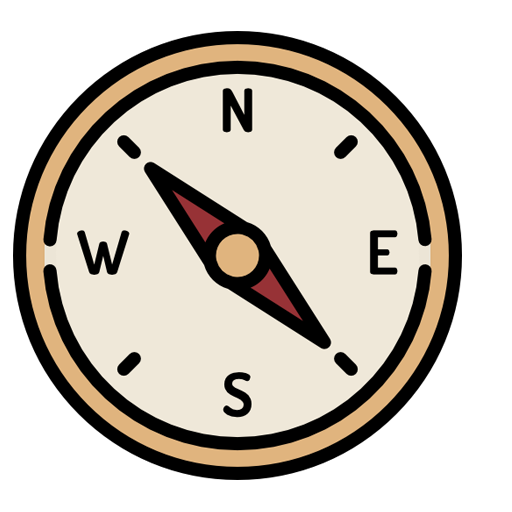
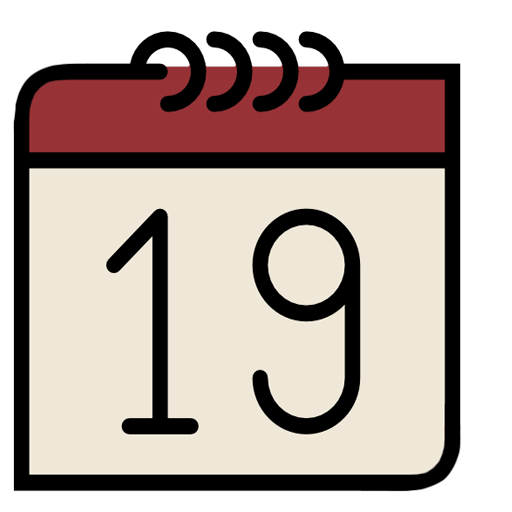

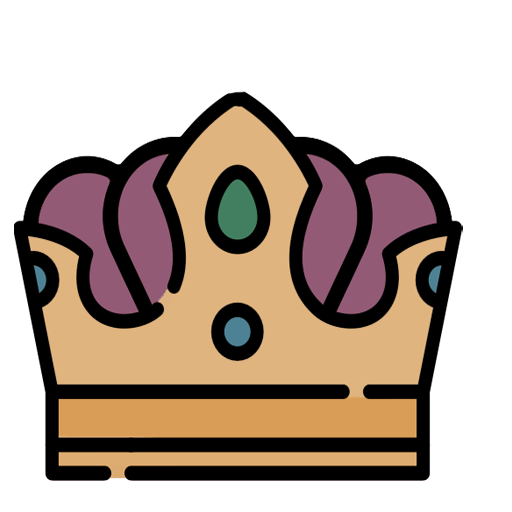


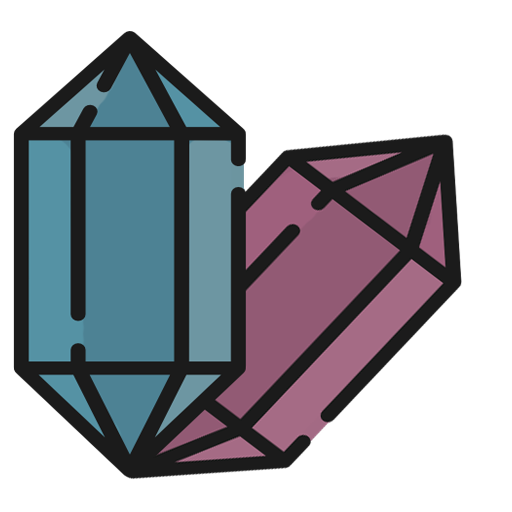


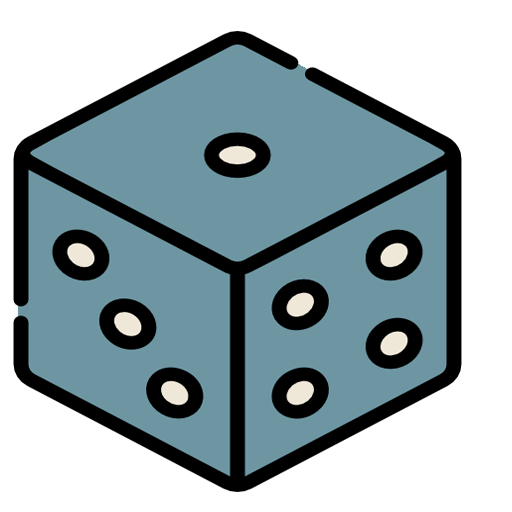
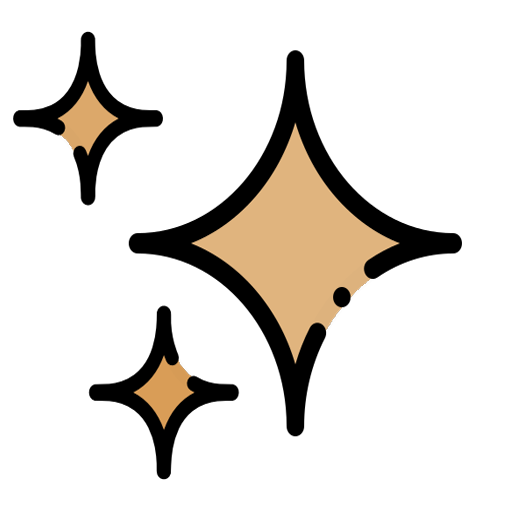





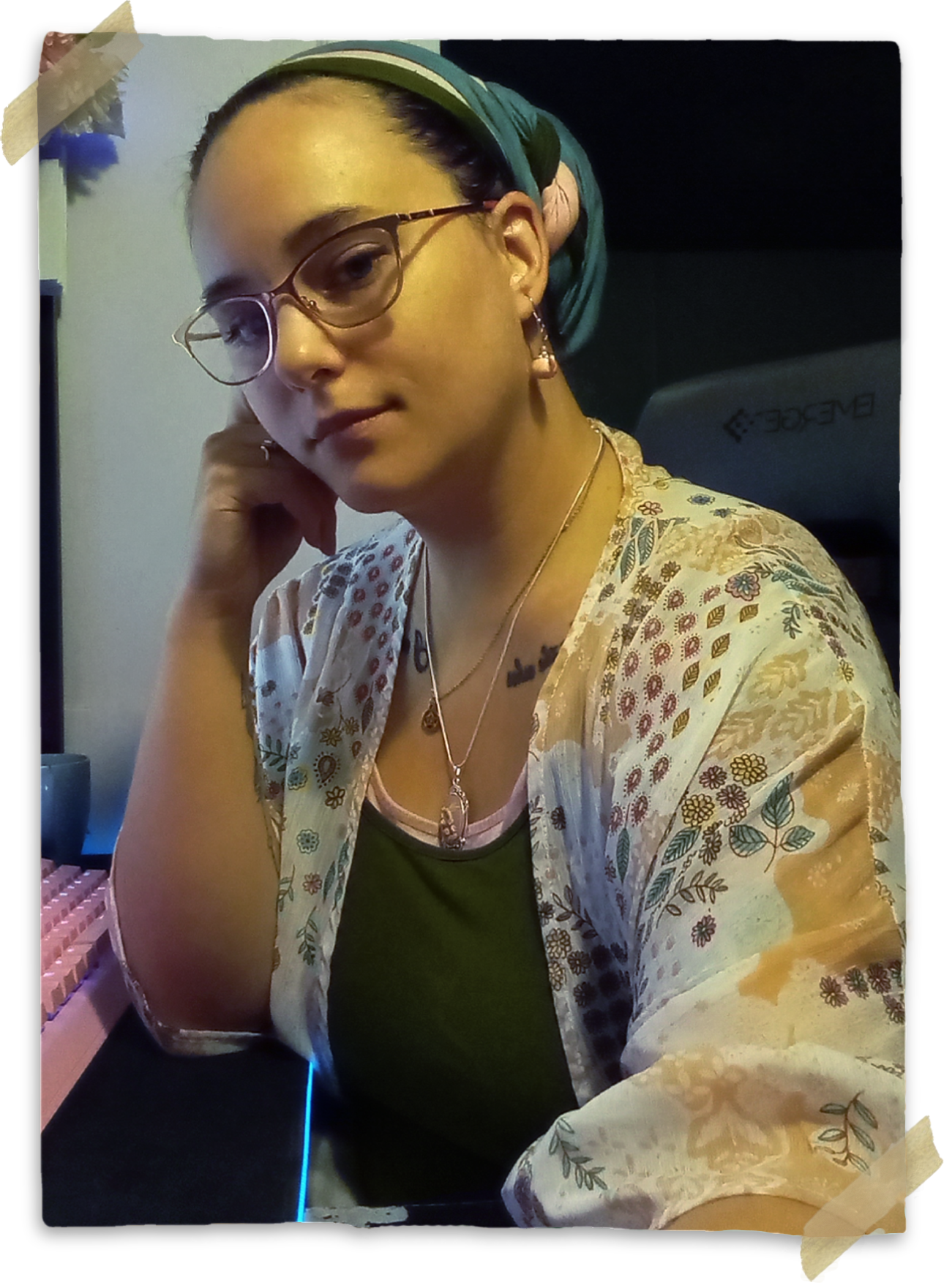
While I generally dislike this particular model, I absolutely love that you not only stand by it, but you made it an actual, in-world narrative concept. So many worlds just automatically adopt the DnD currency system without really reflecting on it. You really tied it into to the world. Awesome!
My big thing was that I really don't want to fuck with DnD's default systems too much where it can be helped, because it's hard to remember significant modifications to rules most people are familiar with. I just want to expand on things and make them naratively and conceptually relevant to the setting in ways that were easier to remember; I think the mods to the system did it fairly well ^_^
⤳ Buy me a Ko-fi
⤳ Join My Discord